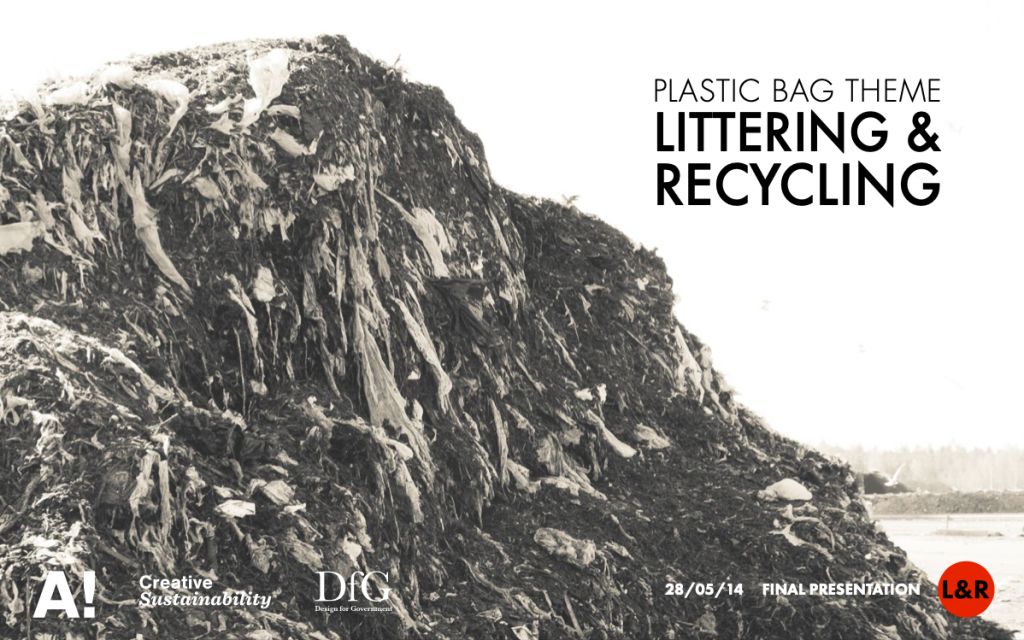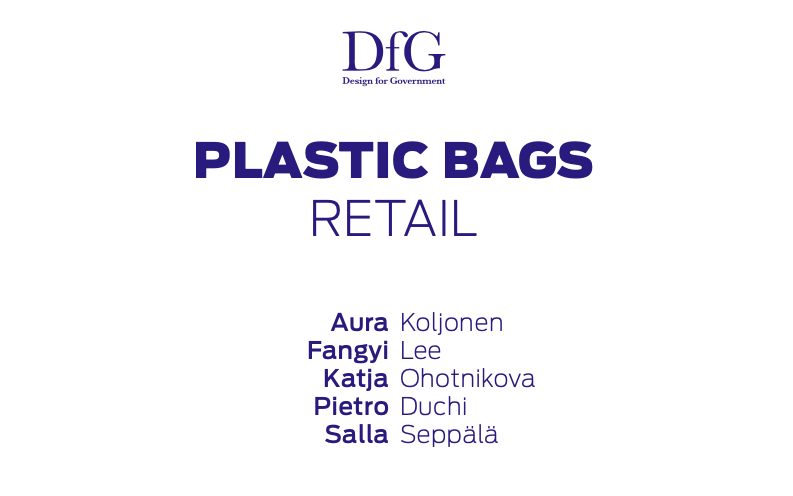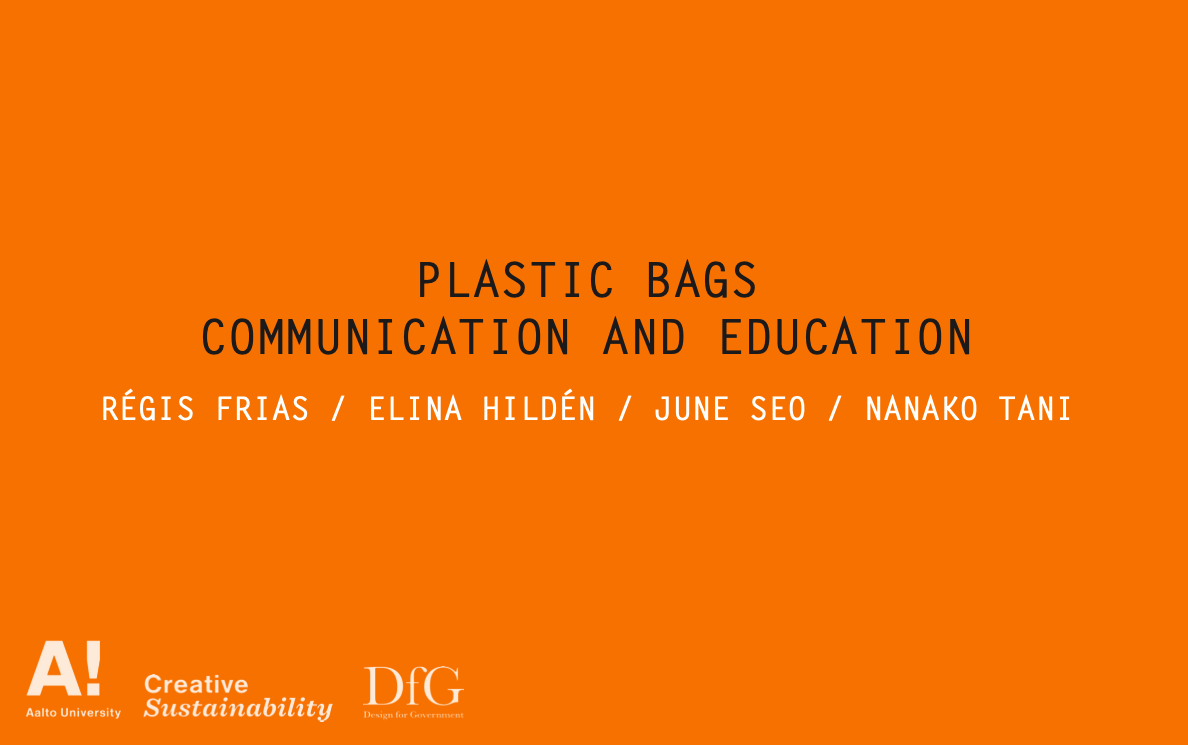Project description
Plastic is a major source of marine littering damaging the sea. Plastics contain hazardous chemicals that easily dissolve in water. Plastic waste can also be harmful to animals – e.g. birds eat plastic debris mistaking them for food – becoming a rapidly increasing cause of mortality among various species. In addition, microscopic plastic debris in the water cannot be removed and therefore the toxic chemicals may accumulate in marine fauna. This creates a hazardous cycle in the nature ecosystem that is difficult to break.
The EU commission is preparing changes to a directive which aims towards a reduction in the number of plastic bags used in the member states. The proposal is currently being reviewed by the member states and it will be processed further during the Spring of 2014. The national legislation or other policy measures will follow later. There are dissimilarities between EU nations regarding the issue: excessive plastic bag usage is a major problem in some member states while, based on the current statistics it is less significant in other states, including Finland. Consequently, a careful consideration is required to create customised actions and policy measures for each country.
The students of the Design for Government course will work with the Ministry of the Environment, rethinking the information and communication about the matter, as well as the recycling and plastic bag usage from retail and user perspective. The students will explore the EU directive in the Finnish context looking at plastic bag usage and impact with most recent research findings from production and usage to littering and recycling, and identify new solutions through a human-centred approach.
Sub-theme 1. Communication and education
Students will work on potential solutions related to communication, information and education. The aim is to raise the awareness about the problems of plastic bag usage in a positive way, and thereby have an impact on people’s plastic bag usage as the consumption and disposal of plastic bags is substantially dependant upon one’s level of knowledge and willingness to reduce and recycle. The students will identify people’s exposure to the necessary information and education on the issue. Based on their understanding, they will create concepts that make the issues around plastic bags more understandable and contribute to a positive behaviour change related to their usage. The format of the communication or education can be decided by the students and they can be physical, digital or both.
Examples of potential outcomes: concepts that communicate, inform or educate issues related to plastic bag usage
Sub-theme 2. Littering and recycling
The students will follow the life of plastic bags after serving its initial purpose of carrying things – the process of disposal and recycling, and explore the possible ways to support better use of them or enhanced recycling. The solutions developed here may have larger consequences regarding other plastics too, such as plastic packaging, or the production of plastic bags.
Examples of potential outcomes: concepts that aim to reduce the amount of disposed plastic bags or enhance the reuse, recycling or upcycling
Sub-theme 3. Retail experience
The students will observe how people pick up and use plastic bags in retail environment – at fruit stands, service counters and check-out counters in grocery shops, for example. The students will develop practical solutions considering the incentives or regulations for retail helping people reduce the excess use of plastic bags or use less environmentally taxing alternatives. The environmental impact of the alternative solutions should also be examined.
Examples of potential outcomes: systemic solutions changing the existing norm of using plastic bags in shops
Read more about the process in the blogs!
This project was showcased during the 2014 Final Show.
Student proposals
Plastic Bags: Communication and Education
Project by Régis Frias, Elina Hildén, June Seo and Nanako Tani
Plastic Bags: Littering and Recyclin
Project by Laura Euro, Harri Homi, Robyn Johnson, Heidi Konttinen and Amanda Österlin La mont

Video of presentation
Plastic Bags: Retail
Project by Aura Koljonen, Fangyi Lee, Katja Ohotnikova, Pietro Duchi and Salla Seppälä

Video of presentation

